Write & Lift is an ethos of personal and spiritual development through conscious physical exertion and practice of the writing craft. Through this effort to strengthen our bodies and minds, we become anti-fragile and self-respecting sovereign individuals. Through this effort, we may stand against untruth and evil and create a new culture of vitality, strength, and virtue
Kill the Committee
The most significant of our achievements have not come from consensus but from individual vision, enforced with brutal efficiency.
A committee didn't design the Gothic cathedrals of Europe. A master builder held the vision and directed thousands of workers over decades. His singular understanding guided every decision.
Great novels aren't written by committee, and masterpiece paintings don't emerge from team brainstorming sessions. Einstein developed relativity in isolation while working as a patent clerk. Dostoyevsky wrote his books in exile. Tesla battled Edison's corporate machine with his singular vision of alternating current. Our modern obsession with collaboration has strangled excellence in the cradle.
When humans are put in a group setting and asked to make decisions, several psychological forces immediately begin to erode their quality and courage.
The most obvious (and insidious) is social loafing. Everyone assumes someone else will take responsibility. The more people in the room, the less accountable each one feels. No one's reputation is on the line, so mediocrity becomes the default.
This leads to groupthink, where the desire for harmony overrides realistic analysis. How often have you watched someone "get with the program" despite knowing better? The social animal fears exclusion more than it values truth.
From these twin failures emerges what I call the lowest common denominator effect. In groups, we default to the safest, most widely acceptable solution but rarely the best one. Committees don't produce masterpieces. They produce compromises that offend no one and inspire no one.
Every additional stakeholder further dilutes the original vision. What starts as a bold idea ends as beige wallpaper, acceptable to all and memorable to none. I've worked enough in teams to know that most decision-making processes are elaborate theater productions designed to distribute blame rather than maximize results.
Only One Person Can Hold the Fire
The lone decision-maker lacks these handicaps. There's nowhere to hide from responsibility. No one to blame. No consensus to hide behind. This creates clarity. Purity of purpose. Decisiveness.
Elon Musk operates this way. So did Henry Ford. And Walt Disney. And Margaret Thatcher. History rewards the decisive individual far more than the careful committee.
When Musk wanted to build reusable rockets (an idea that aerospace committees had dismissed for decades), he didn't convene a focus group. He hired those who shared his vision, and he built the damn rockets. When failures inevitably happened, there was no confusion about who was responsible. And when success came, there was no question about who deserved credit.
This power extends its fingers into every aspect of our culture and society. It's the force that allows for discipline in execution, for killing good ideas that don't serve the core mission. Committees can't say "no." Every stakeholder arrives with their pet feature, non-negotiable addition, and brilliant suggestion.
Steve Jobs understood this when he said: "People think focus means saying yes to the thing you've got to focus on. But that's not what it means at all. It means saying no to the hundred other good ideas that there are."
Committees rarely say no to good ideas, even when those ideas detract from the primary mission. One decisive leader can preserve the purity of purpose against the constant threat of feature creep and dilution.
The Cathedral Builder's Vision
Michelangelo kicked the Pope's representatives out of the Sistine Chapel so he could paint without interference and created a work of transcendent beauty that has inspired for centuries.
When Alexander the Great faced the Gordian Knot—an impossibly complex tangle no one could untie—he didn't form a working group. He drew his sword and cut through it with a single stroke. That's how history is made.
We've been fed the idea that more voices mean better decisions, that "diversity of thought" automatically improves outcomes, and that hierarchical decision-making is somehow morally suspect.
This is bullshit.
A committee fractures decisions across multiple consciousnesses, each with limited bandwidth for complexity and their own individual biases and motivations. The resulting decision is necessarily simplified to accommodate the group's collective limitations.
Nine out of ten times, the synthesis of one individual who has held all variables in mind beats a democratic bureaucracy. The best decisions come from the clearest minds, not the most inclusive" processes.
There are times when collaboration delivers results. Scientific research across complex domains often requires diverse expertise. Modern film production needs specialized talents working in concert. Software development benefits from multiple perspectives on user experience.
But even here, the most successful collaborations have clear leadership and decision rights. Pixar under John Lasseter. Bell Labs under Mervin Kelly. The Manhattan Project under Robert Oppenheimer.
The key difference though, is that these weren't democratic processes. They were hierarchical collaborations with final decision authority vested in a single mind that could integrate all information and make coherent choices.
When collaboration serves a clear vision, it amplifies achievement. When it substitutes for vision, it ensures mediocrity. This distinction is crucial for anyone leading a team or creative endeavor.
Don’t Fall In Line
Anyone who works in a team must recognize the need to resist the tide of collaborative decision-making. Minimize decision-makers for any given decision, identify the best-positioned person, and give them full authority. Seek input, not consensus. Gather different perspectives, but don't put decisions to a vote.
There will be consequences to this approach. When a sole decision-maker fails, don't revert to committees out of fear. Replace the decision-maker if necessary, but preserve the model. Create a culture that celebrates committed decisions, even when they occasionally miss the mark.
Most importantly, kill committee culture. Recognize that meetings, working groups, and taskforces are often where good ideas go to die. They diffuse responsibility and allow political considerations to override rational thought.
Our ancestors understood this intuitively. Tribal chieftains, master builders, visionary CEOs knew that decisive individual leadership outperforms collective deliberation. When Steve Jobs walked back through the doors of Apple in 1997, he slashed product lines by 70%. There were no focus groups. No extensive market research. No democratic vote among executives. One man with a vision made a decision that saved what would become the most valuable company on Earth.
This isn't a fluke. This is a pattern.
The lone mind, clear in purpose and unburdened by the need for approval or consensus, will always cut through complexity faster than the committee. It will always make the bold choice when convention demands caution. It will always push human achievement forward when the crowd stands still.
History belongs to those who decide.
As always, thanks for reading
-Joe





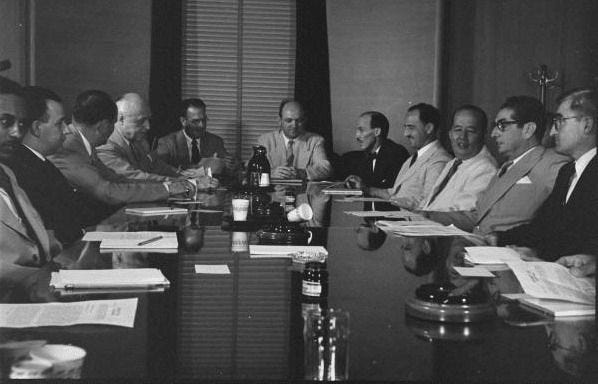
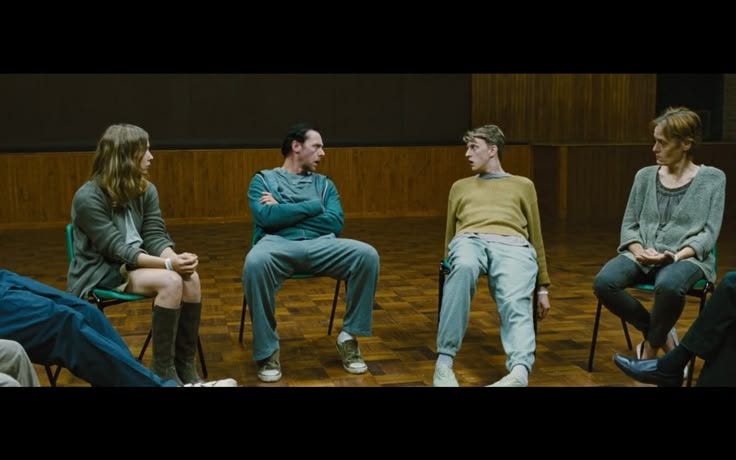
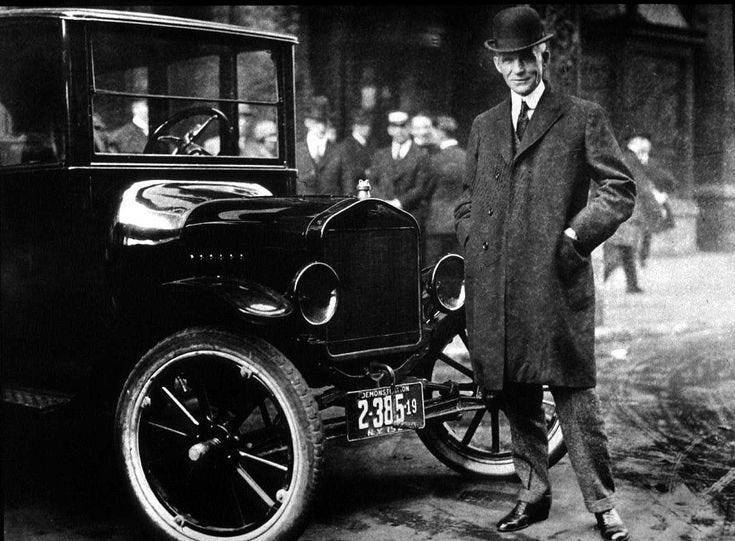
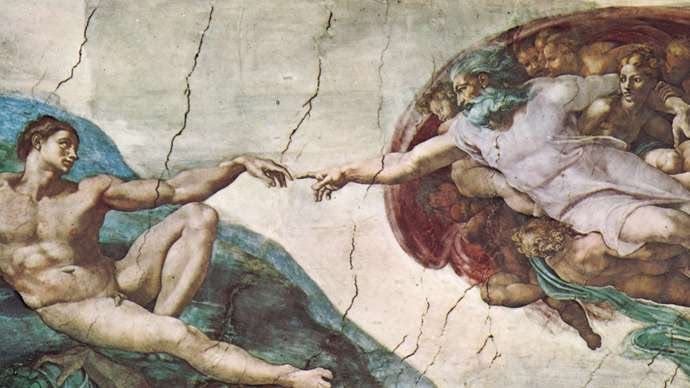
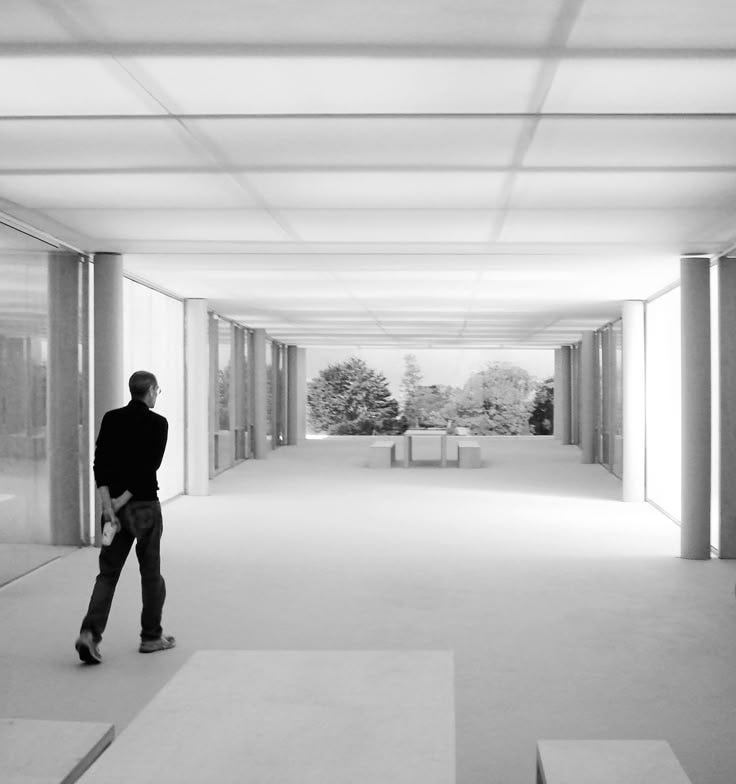
As a CEO in a corporation, I saw this happen many times. The decision maker needs input, positive and negative and then willing to stand behind that decision, not hide behind the committee that gave him the input. This is one reason governments frequently fail unless you have a strong person willing to take the 'hit.' That politician is looking to get reelected, not make the best decision sometimes. Good perspective Joe.
Now we have a situation in which committees are rarely actually dedicated to solving the problems they're focused on (they're focused rather on safety, or following rules, or generating funds or grant money) and the old hierarchies have been thoroughly feminized. Men can't rise through them like they used to (based on leadership, or results), and women are more agreeable, and generally leery of making individual decisions (and bearing the reputational costs of mistakes) and so we end up with a society with lots of activity, programs, meetings, initiatives... not nothing gets solved. Nothing gets built. Nothing improves.
Modern bureaucracies fear solutions, they fear decisive individual action, and they fear courage. The incentives of the modern bureaucracy are the incentives of our civilization, at least for now.
https://jmpolemic.substack.com/p/feminism-as-entitlement-pt-4